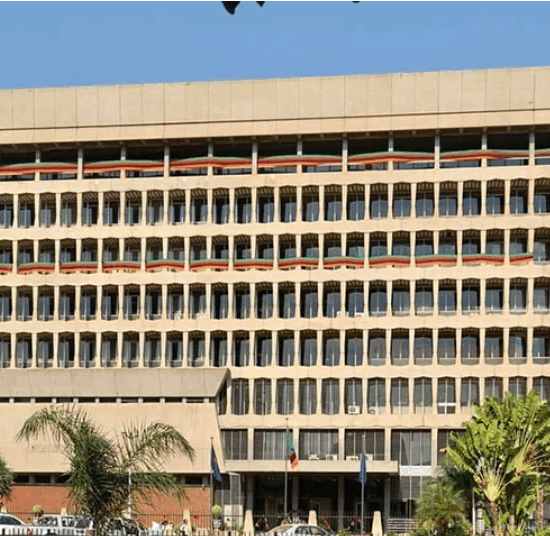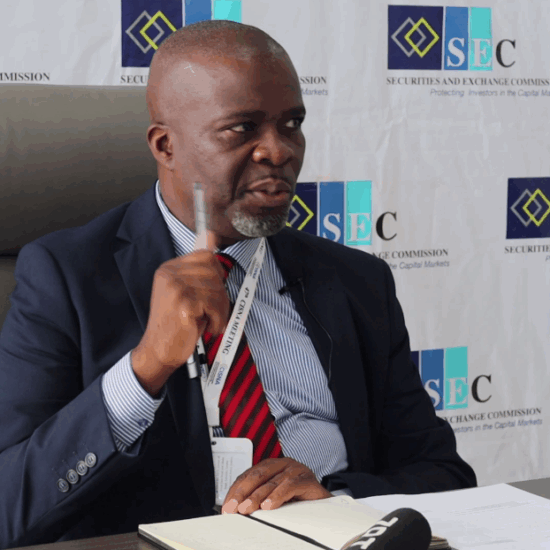
Increased demand and uptake for loans should ideally be a good economic indicator especially when people are borrowing for investment and to increase production.
But the case in Zambia is that there is an increase in demand for loans but the factors driving this demand is low liquidity levels resulting in the loans being taken for cashflow management and consumption purposes.
According to the Association of Microfinance Institutions in Zambia – AMIZ, there is a notable rise in demand for loans in the second quarter (April to June) of 2022 compared to the first quarter (January to March) of this same year – 2022.
AMIZ Executive Director Webby Mate however said the major challenge the country is facing is that there are more loans going towards consumption than production as more households and individuals are borrowing than businesses.
Speaking in an exclusive interview with the Zambian Business Times – ZBT, Mate explained that mainly households are borrowing to smoothen their consumption and pay for school fees with their salary as a source of repayment.
“There are more people borrowing mainly for consumption, so it says something about the state of economy, people’s livelihood, there is more going to consumption than productive activities”, he said.
Mate further told ZBT that although the increase from the first to the second quarter has been minimal, there is an improvement in terms of loans taken for the purpose of productive activities as a few more people are borrowing to invest in small and medium size businesses.
He noted that primarily, local businesses engaged in trading activities are the main borrowers with a few who are involved in small scale manufacturing, adding that the economy is opening up now post Covid-19 pandemic and people have started increasing their movements to bring in supplies from different countries.
“Generally, the situation we had under the Covid-19 pandemic has changed and improved a lot, the demand is now picking up, and the situation has changed from what it was under the Covid-19 pandemic”, he said.
“We hope this trend continues as credit keeps the economy going, it keeps businesses going, we expect that this will continue into the third quarter and beyond. With the pronouncements from government regarding a possible conclusion of the deal with IMF, we expect the economy to be much more stable.
If the IMF deal comes through, it is expected that it will help stabilize the exchange rate, the local unit – the Kwacha may strengthen against the dollar and that will spur more importation of goods into the country, so the outlook for micro finance is very positive”, he said.







